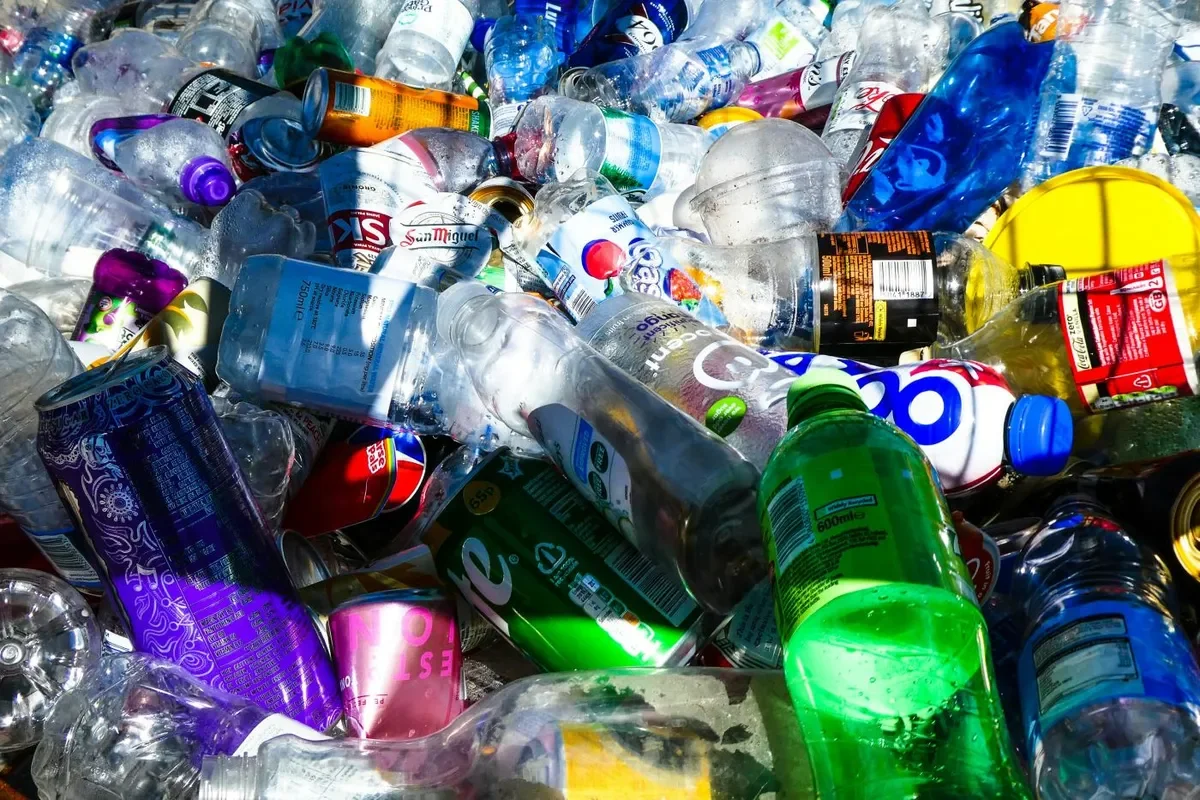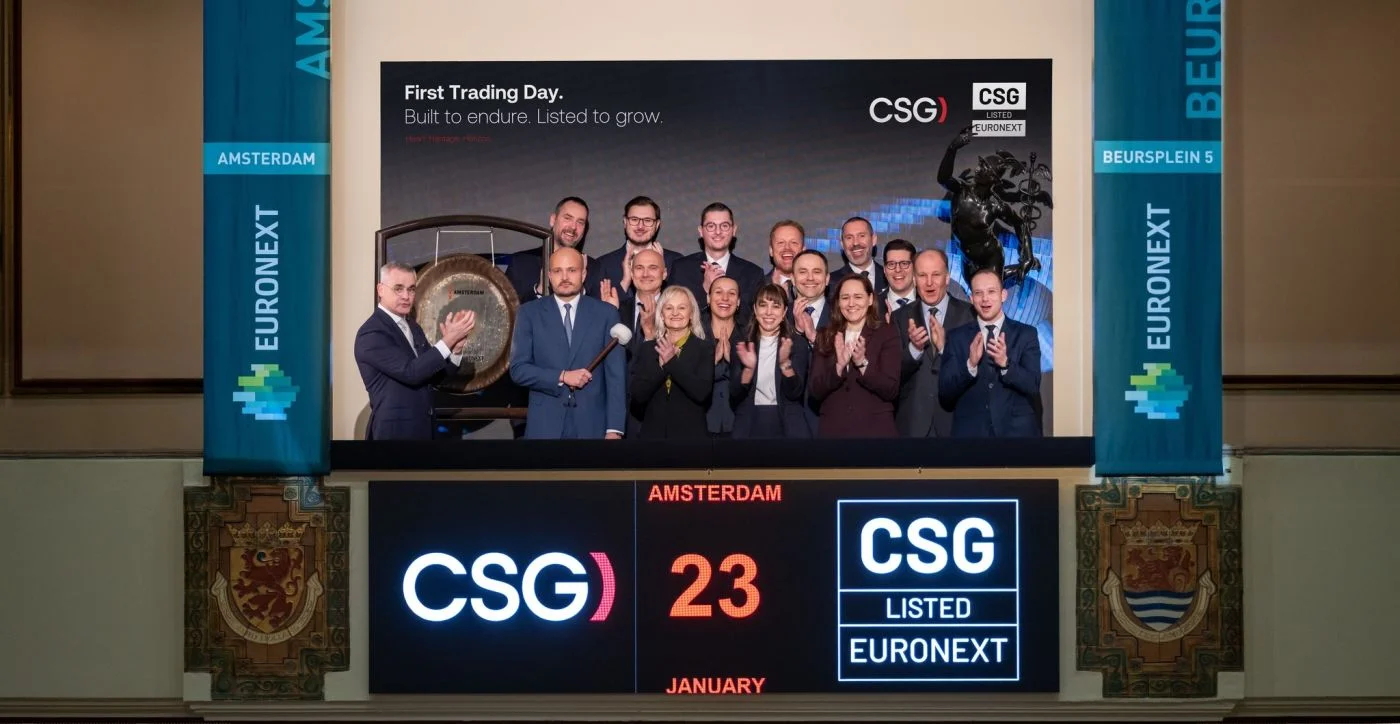
PET Bottle and Can Deposit System in the Czech Republic: Tests at Lidl and Kaufland Run Smoothly
For smaller grocery stores, however, the new deposit system is likely to bring additional bureaucracy and costs
Foto: Nick Fewings | Unsplash
Two supermarket chains in the Czech Republic are currently testing how the deposit system for cans and PET bottles could work in their stores, reporting no significant issues. However, for smaller grocery stores, of which there are over eleven thousand across the country, the new system is expected to add extra bureaucracy and costs.
Lidl and Kaufland have been trialling the return of PET bottles and cans in a total of sixteen stores for two years.
“It turns out that customers are already familiar with these systems from abroad. As a result, we haven’t encountered any major complications that would have surprised us or for which we weren’t prepared,” explains Filip Šlampa, head of the pilot project at Kaufland, to the news channel ČT24.
The test is also proceeding smoothly at Lidl. Although customers do not yet receive a deposit back, they are given a voucher for their next purchase. “If the law is enacted, we will need at least a year and a half to equip all our stores with the new deposit machines,” says Eliška Froschová Stehlíková, Lidl spokesperson.
The feedback from Kaufland and Lidl customers has been overwhelmingly positive. A customer survey revealed that up to 37% of customers return beverage containers once a week, and 13% do so even more frequently. Another notable finding is that 70% of customers do not consider it problematic to store beverage containers at home before returning them to the store.
Slight deformations are not an issue, according to both retail chains testing the deposit system in the Czech Republic. However, bottles should not be crushed to ensure the code on the label remains legible.
For smaller grocery stores, which number over eleven thousand, the deposit system will introduce additional bureaucracy and costs. In many cases, they will also need to find a solution for separating returned bottles and cans from stored food.
From 2026, the deposit will apply to non-alcoholic drinks in plastic bottles ranging from 0.1 to 3 litres, and to alcoholic drinks containing up to 15 percent alcohol. Cans for both non-alcoholic and alcoholic drinks up to 1 litre will also be subject to the deposit system. Packaging for dairy products, oils, and vinegar will be excluded.
Around two billion PET bottles enter the Czech market every year, with the number of cans exceeding 800 million and increasing. The system for yellow containers remains unchanged. The ideal solution is to crush or compress PET bottles so that as many as possible fit inside, allowing rubbish collectors to avoid transporting air.
More from Business


Prague Airport: Around 17.8 Million Passengers Handled in 2025

